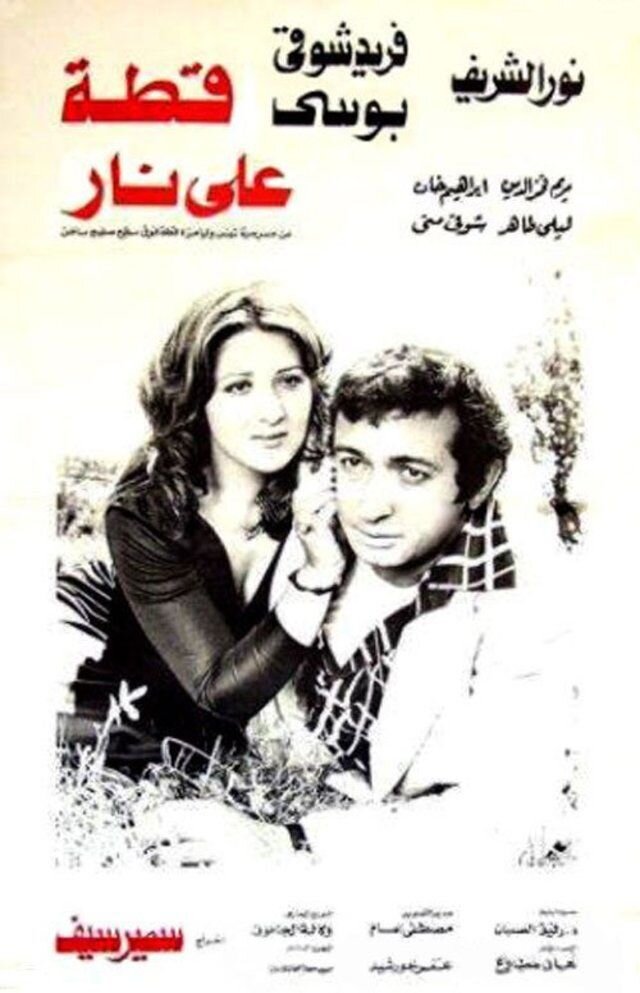I’m supposedly already an old hand around Cairo yet I still get lost and can’t understand or be understood, but oblivion in this city is not such a bad thing…Bring dresses below the knee, Egyptian men appreciate more what they cannot see…Look for the one wearing diapers at the airport when you land.
-Letter Home, July 18, 1978
I wasn’t wearing diapers at the airport that day but I was just as easy to spot in the crowd. I’d left the hospital one day before and must have looked like a ghost, gaunt and drawn. What have they done to you? I was asked. Nothing. This is how oblivion looks in Cairo.


